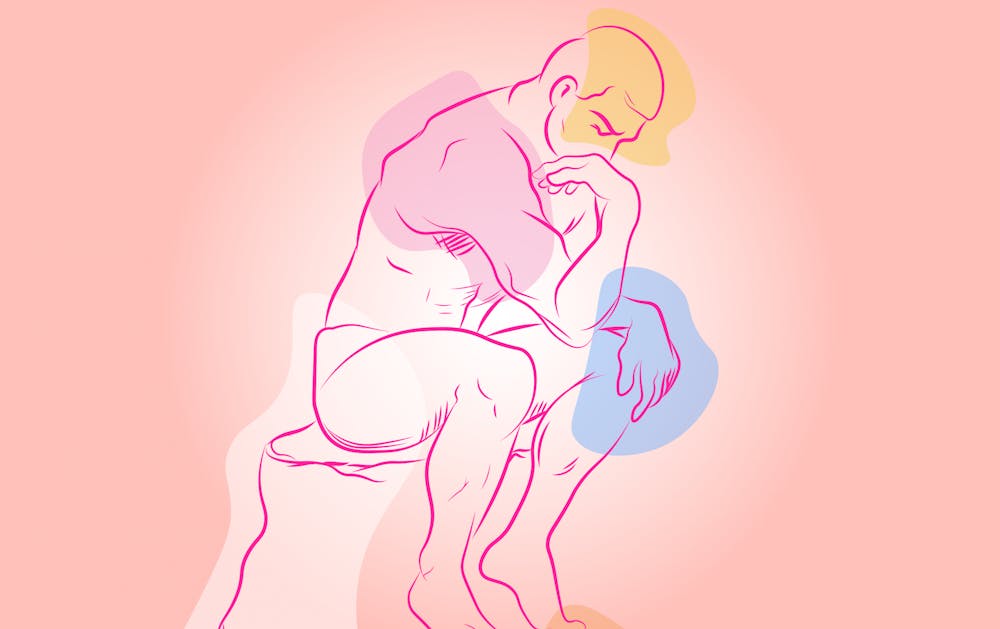Between mass unemployment from the coronavirus pandemic and a burgeoning oil crisis shocking First World markets, philosophy students such as myself will be graduating into significant financial turbulence with a degree much maligned by peers, employers and even some philosophy majors.
In these economic conditions, some degrees will flounder, and some will fly. According to the Bureau of Labor Statistics, employment in Science, Technology, Engineering and Mathematics is projected to grow 8.8% by 2028, with a median annual wage of $86,980.
Unfortunately for those of us in the humanities, crudely fused together as "non-STEM," job prospects aren't as bright. By the same projections, we will receive a paltry $38,160 on the median. The statistics don't say everything though, and those lucky enough to succeed in academia are well rewarded.
But, for all the insistence by philosophy departments that majors will graduate as "masters of logic," humanities-based jobs are simply not high paying. In light of a new recession, the incessant chiding about the uselessness of our degrees might be justified.
And, in a certain sense, I agree. Our degrees aren't exceptionally useful to employers — but why should that affect our choice?
For Chloe Koebel, a freshman double majoring in photography and liberal studies, their majors encourage their passion for photography and improve the technical repertoire needed to succeed as an artist, while becoming more complete as a person.
"I felt like photography would be the easiest way to improve my skills but also a way to kind of validate my work through university accreditation," Koebel said.
Koebel said that simply being a college graduate opens the door to positions not directly related to a student's major while also making the student more complete.
"Having a bachelor's is already enough most of the time in the career world," Koebel said of their liberal studies major. "But I wanted to be able to say I dabbled in other areas and learned things besides philosophy."
Similar to how I've been treated as a philosophy major, Koebel said many people doubt their academic judgment on economic grounds.
"Somebody who worked with the scholarship company that I was getting a scholarship from came up to me and I told him 'I'm going to be pursuing photography,'" they said. "They actually took a moment and told me 'wouldn't it be wise to do something along the lines of business or economics?'
"No, photography is my passion and it means a lot to me," Koebel said.
I'm arguably in an even "worse" situation than Koebel, as philosophy's technical training is much less appreciated on the market than an art major.
But, I don't think that doesn't make my degree useless either — it has allowed me to begin to think through the ideologies and the philosophies which persist all around us, implicitly and explicitly, while disciplining me into a tradition which extends back thousands of years to thinkers all over the world.
We need to have a wider conception of usefulness and uselessness. STEM degrees are useful, for a bloated military-industrial complex and for oil companies, in a way that the humanities are not.
And while I have nothing against those of us who leap to a new field (since that might be me in a few years), that doesn't change the fact that the humanities are useful to the analysis, criticism and challenge of the world around us in a way that STEM degrees never will be.
One kind of knowledge shouldn't be valued over another kind of knowledge based on money alone. I probably won't get a job with my philosophy degree — but it's still one of the best choices I've made.
Reach the columnist at smisceni@asu.edu or follow @IMiscenich Twitter.
Editor’s note: The opinions presented in this column are the author’s and do not imply any endorsement from The State Press or its editors.
Want to join the conversation? Send an email to opiniondesk.statepress@gmail.com. Keep letters under 500 words and be sure to include your university affiliation. Anonymity will not be granted.
Like The State Press on Facebook and follow @statepress on Twitter.




